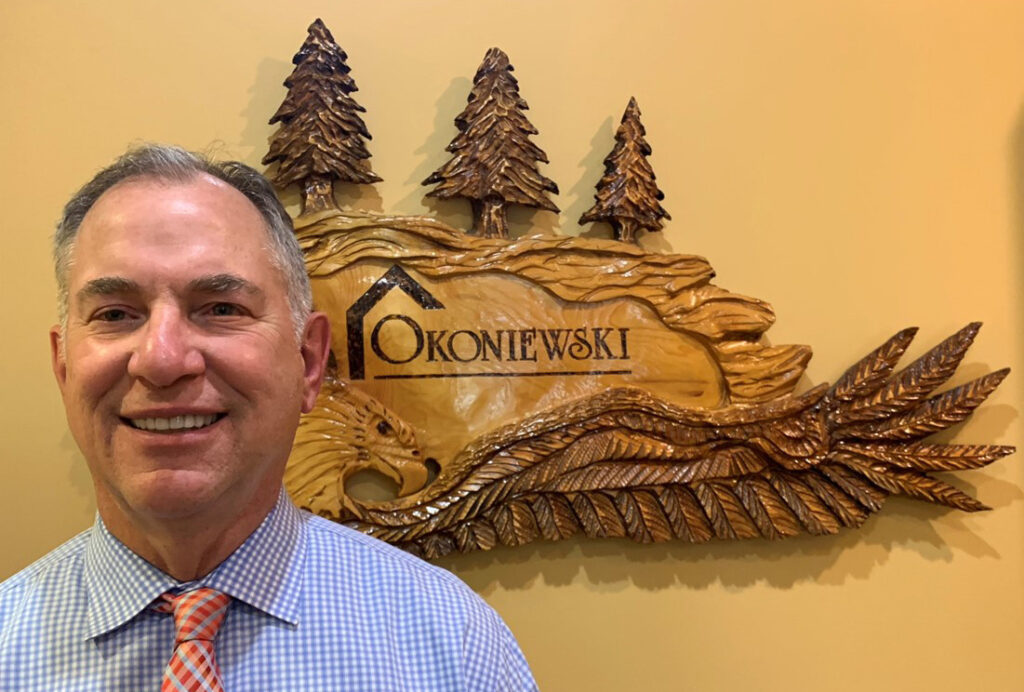 If you snore every night, the noise that you make might seem like the biggest problem to worry about. It might not wake you up each night, but it can interrupt your sleeping partner and, depending on how loud it is, other people in your household. If you snore chronically, there may come a time when your loved ones strongly encourage you to seek treatment for it and a solution to help you sleep more peacefully. For many patients, however, the problem isn’t just one of snoring too much, but of an underlying sleep disorder known as obstructive sleep apnea.
If you snore every night, the noise that you make might seem like the biggest problem to worry about. It might not wake you up each night, but it can interrupt your sleeping partner and, depending on how loud it is, other people in your household. If you snore chronically, there may come a time when your loved ones strongly encourage you to seek treatment for it and a solution to help you sleep more peacefully. For many patients, however, the problem isn’t just one of snoring too much, but of an underlying sleep disorder known as obstructive sleep apnea.
What is obstructive sleep apnea?
Obstructive sleep apnea, or OSA, is the most common type of sleep apnea, which can describe various conditions that cause you to stop breathing while you sleep. When the problem is obstructive, it means that your airway is becoming clogged (or, obstructed) by oral and/or throat tissues as you sleep. The snoring that results is caused by the increasingly smaller space within your airway. This raises the air pressure of your breathing to the point where it will cause the tissues and walls in your throat to vibrate loudly as you breathe.
Why it makes you snore so much
Sleep apnea is a repetitive condition, which is why you’ll snore consistently throughout the night if you have it. However, the pattern is also highly distinctive. The noise of your snoring grows louder as your airway grows more obstructed, sometimes reaching alarmingly loud volumes. Once the airway is completely obstructed by oral or throat tissues, the snoring will suddenly and completely stop, as will your breathing. After several moments, your body will have to rouse from its rest and clear the airway, which only starts the cycle over again. For some patients, these interruptions can occur hundreds of times in a single night.
What it means for your sleep quality
Your body and brain need to sleep in order to rest and rejuvenate their cells. Without deep sleep, both your mind and body will quickly grow weary. When you have obstructive sleep apnea, the constant interruptions to your breathing pattern cause your brain and body to constantly rouse from their rest, which makes it impossible for them to ever reach deeper levels of sleep (such as rapid eye movement, or R.E.M.). Before long, you can experience symptoms of sleep deprivation, which might seem confusing because you believe you’re sleeping soundly throughout the night.
Learn how to deal with sleep apnea comfortably
Having sleep apnea means that, without appropriate treatment, you can keep losing valuable deep sleep every night, and experience increasingly worse symptoms of sleep deprivation. To learn more, schedule an appointment or initial consultation by calling Advanced Dental Concepts in Auburn Hills, MI, today at (248) 852-1820.



